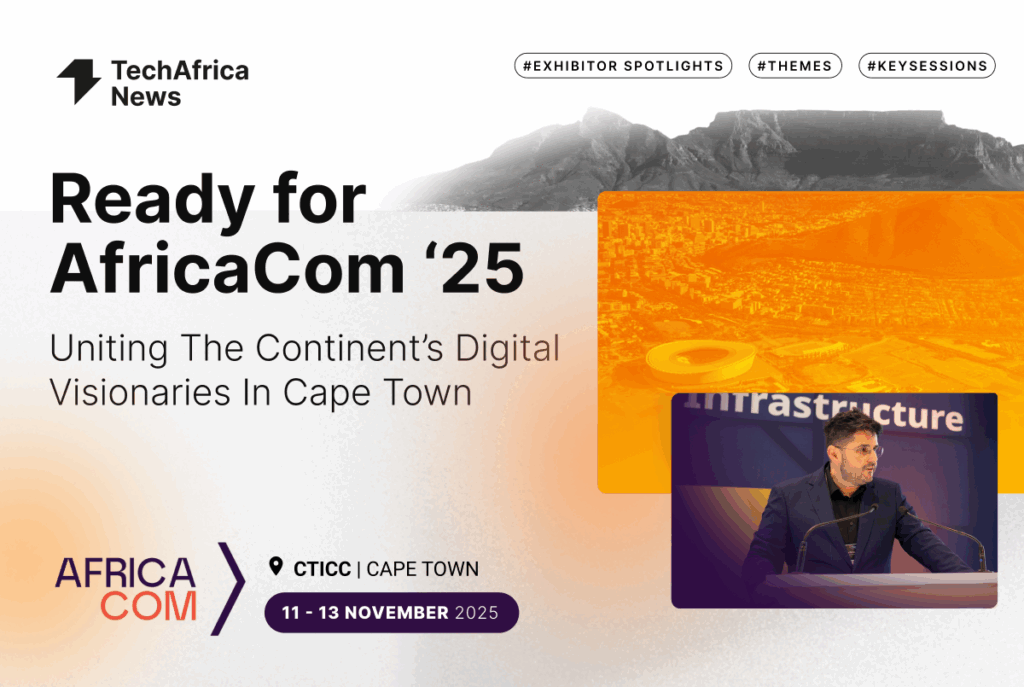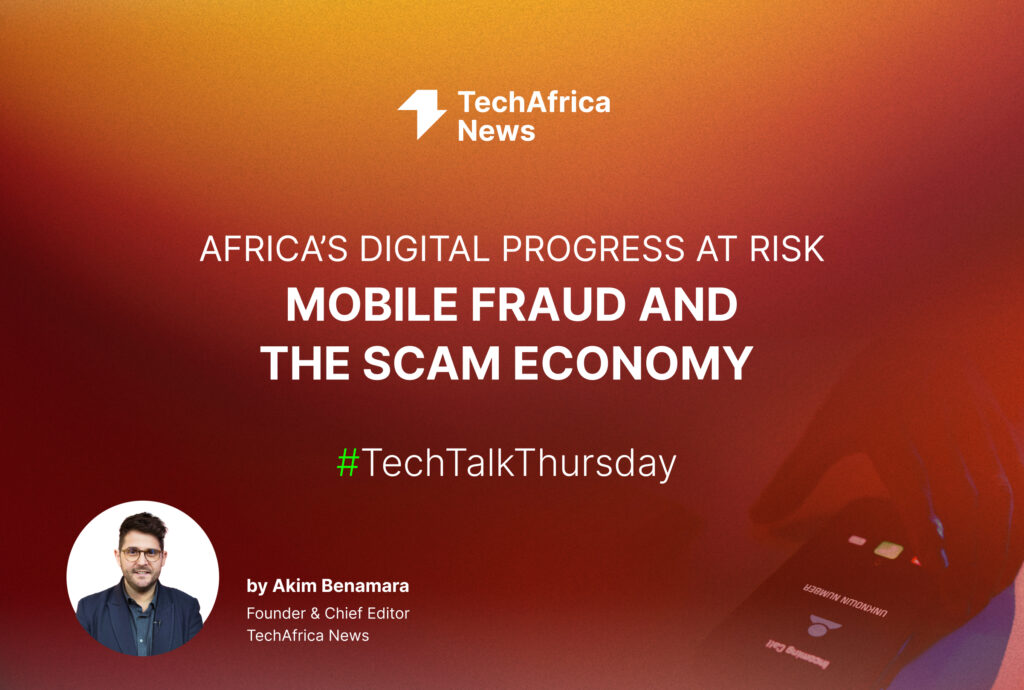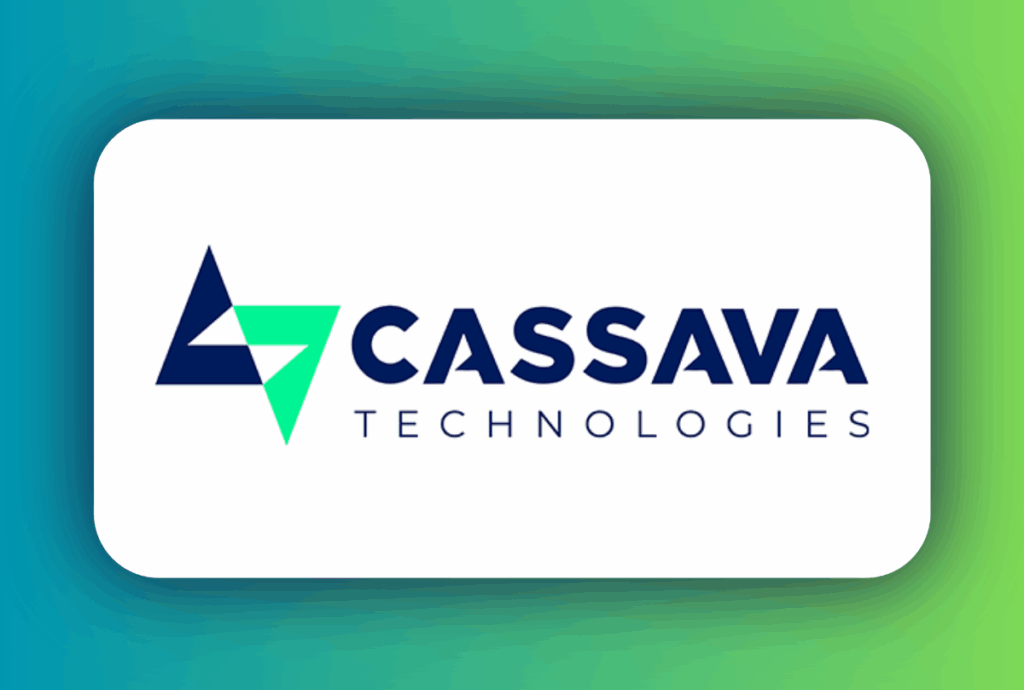Senegal and Togo Strengthen Cooperation on Digital Identity Systems
The purpose of the visit, which took place between October 22 and 27, was to study Togo’s implementation of a foundational biometric digital identity system and draw lessons that could guide Senegal’s own national electronic identification (EID) project.

In October 2025, a delegation from Senegal’s Ministry of Communication and the Digital Economy (MCTN), accompanied by SENUM S.A and the Directorate of Financial Affairs (DAF), visited Togo’s National Identification Agency (ANID) for a benchmarking mission on digital identity. The purpose of the visit, which took place between October 22 and 27, was to study Togo’s implementation of a foundational biometric digital identity system and draw lessons that could guide Senegal’s own national electronic identification (EID) project.
During the visit, the Togolese team showcased the technical, infrastructural, and logical architectures of their EID platform, built on the open-source MOSIP (Modular Open Source Identity Platform). They explained how MOSIP’s various components—covering biometric enrolment, identity management, and authentication—had been integrated within Togo’s national systems. Senegalese officials expressed appreciation for Togo’s technical setup, noting that their visit confirmed Senegal’s own decision to adopt an open-source approach for its digital ID project.
The Togolese delegation also emphasized their country’s choice of data sovereignty, with all identity data hosted domestically within national infrastructure that complies with international standards. This approach, they explained, not only enhances security but also reinforces trust among citizens and strengthens national ownership of the identity system. The Senegalese representatives, in turn, acknowledged that this model provided important insights—helping them identify both best practices and early missteps in their own development process.
A key outcome of the mission was a renewed commitment to regional collaboration. Both countries agreed to explore the interconnection of their national identity databases as a demonstration of what can be achieved in West Africa through interoperability and shared standards. This cooperation aligns with broader regional initiatives such as the World Bank–supported WURI (West Africa Unique Identification for Regional Integration and Inclusion) program, which promotes digital ID systems that are inclusive, secure, and interoperable across borders.
The visit reaffirmed Togo’s position as a pioneer in digital identity within West Africa. The project was developed and managed primarily through Togolese expertise, illustrating the country’s capacity for local innovation in digital governance. For Senegal, the benchmarking exercise provided valuable lessons on the importance of robust governance, technical sovereignty, and the use of open-source systems like MOSIP, which allow flexibility, local capacity building, and avoidance of vendor lock-in.
Ultimately, the mission underscored that a successful digital identity system is not only about technology but also about institutional coordination, citizen trust, and sustainable governance. Both nations share a vision of providing every citizen with a unique, secure, and reliable identity, which will serve as a foundation for access to digital public services, financial inclusion, and regional integration. The experience in Togo thus represents a practical reference for Senegal’s forthcoming digital identity rollout and a model of African cooperation in digital transformation.






